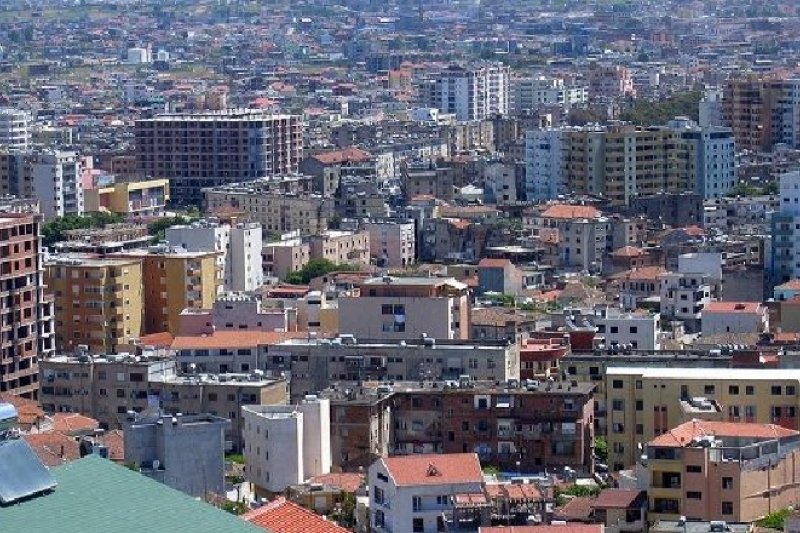Construction - Main Activity for Money Laundering
59% of construction companies that have received permits in the period 2017-2019 in the capital of Albania do not justify their financial resources, while it is estimated that for this 3-year period about EUR 1.6 billion have been laundered through construction.
The data is revealed in the recently published report "Illegal financial flows in Albania, Kosovo and North Macedonia", a publication of the "Global Initiative against Transnational Organized Crime" and funded by the German project GIZ and the Norwegian Ministry of Foreign Affairs. The authors of the report are Tuesday Reitano and Kristina Amerhaiser.
According to the report, out of 141 companies that received building permits for buildings higher than 6 floors between 2017 and 2019, 59% of them did not have the financial capacity to complete them. According to their balance sheets, the companies had a minimum income and had neither assets and loans nor affiliated companies, which would enable them to make such an investment.
The report makes an assessment of the illegal money that has entered the construction these three years based on indirect indicators such as the financial capacity of firms, construction loans and mortgage loans.
The construction sector in all three countries is particularly sensitive to money laundering due to the way it is structured. First, sales of new construction generally operate through prepayments, being sold before construction begins. The industry is generally cash-based, with real estate agents in Albania reporting that 40-50% of all sales are made exclusively in cash. In cases where sales come from financing agreements, these rarely come from banks or other financial institutions, but instead are private loans from other commercial enterprises. The barter system is also used for new construction, with building materials being exchanged for finished apartments.
In this way, most real estate transactions evade control of the formal financial system which could raise concerns about suspicious transactions.
To implement their money laundering schemes, the report notes, criminal groups target construction companies and businessmen in financially unstable situations who have debts or loans to repay. They are given large sums of money to invest in construction projects and the purchase of apartments, with an informal agreement (usually secured by threats of violence) for the apartments to be returned to the criminal group after the project is completed. Another way is that illegal money is used to buy shares in the construction company in exchange for the apartments given as payment upon completion. Failure to declare the value of the apartment or project allows additional funds to be laundered.
The report adds that in Albania, the widespread use of illicit money in the construction industry has affected real estate prices. At the end of 2019, the average price of residential apartments in Tirana reached a little more than EUR 1000 per square meter. This represents a 16% growth rate from 2016, when the illegal construction boom began. The price level is higher than can be believed, in a country where the average monthly income is EUR 420. The global cost of living database gives Tirana a price-income ratio equal to that of Milan, Munich and Moscow.













